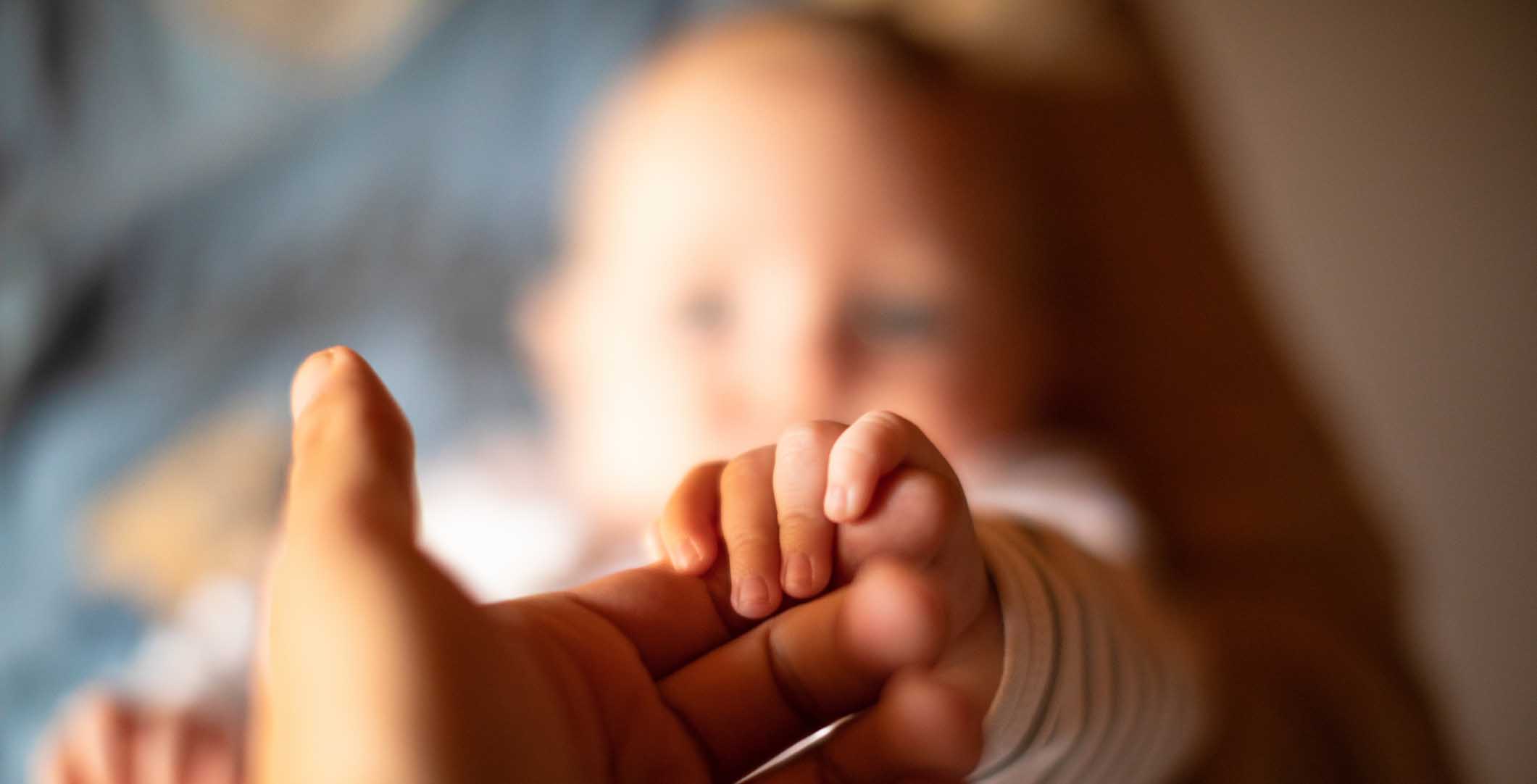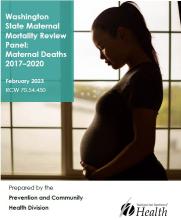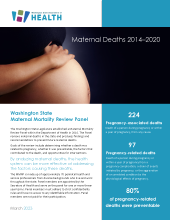Maternal* Mental Health Access (MaMHA)

Welcome to WA Maternal* Mental Health Access (MaMHA) – resources and support for perinatal providers
Washington Maternal Mental Health Access (MaMHA) in the Department of Psychiatry and Behavioral Sciences, University of Washington (UW), was funded through the Perinatal Unit of the Office of Family and Community Health Improvement, Washington State Department of Health (DOH), to train and support members of Washington state primary care clinics to decrease perinatal suicide risk and accidental opioid overdose.
The MaMHA program offered three CME-accredited recorded webinars in 2021 and a Continuous Quality Improvement (CQI) Learning Collaborative in 2022. The learning collaborative and the related introductory webinar topics were informed by the findings from the 2023 MMRP Report to the Legislature.
*We use the terms women, mother, mom, and maternal for simplicity, but are including all birthing people, as well as transgender and gender non-conforming people.
Watch this success story in which a California federally qualified health center shares how they implemented collaborative care for their perinatal population as part of the UW MInD-I project led by Dr. Ian Bennett.
Background
According to 2021 national data, approximately 1,200 women die each year in the U.S. from complications related to pregnancy and childbirth. The maternal mortality rate for 2021 was 32.9 deaths per 100,000 live births, compared with a rate of 23.8 in 2020 and 20.1 in 2019.
In Washington State, DOH's Maternal Mortality Review Panel (MMRP) was established to review maternal deaths within the state and every three years produce a report with findings and recommendations to prevent future maternal deaths. Findings from the WA 2023 MMRP Report to the Legislature suggested that 80% of pregnancy-related deaths were preventable.

Maternal Deaths 2014–2020 Legislative Factsheet 2023

